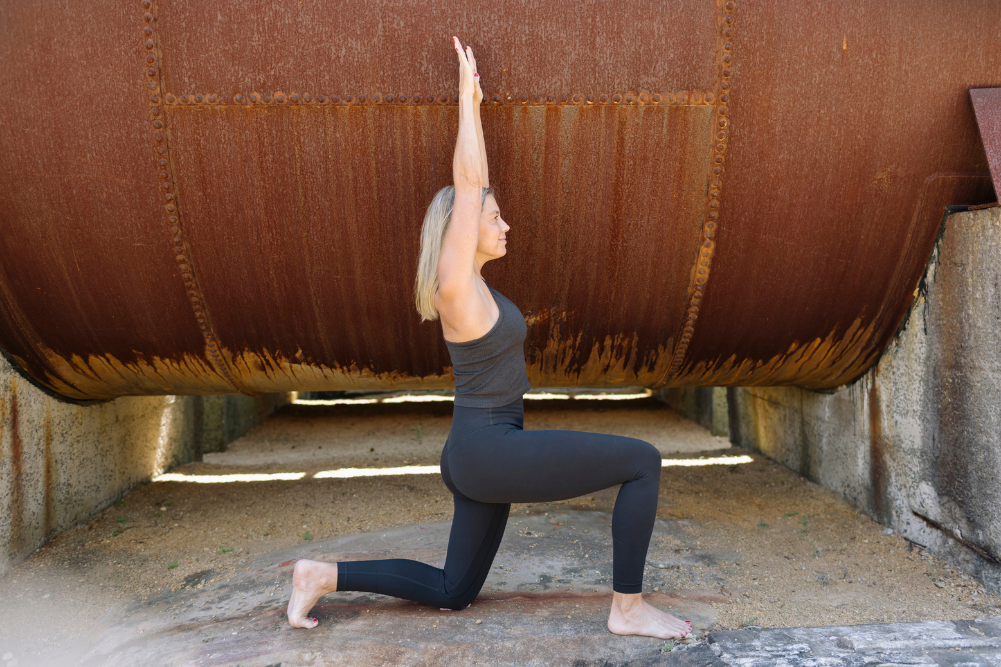Stretching brain power
To the modern Western mind “yoga†is synonymous with stretching. In reality of course, in terms of its Eastern origins, it is much more than that. In Sanskrit, the word “yoga†is used to signify any form of connection or union. There are many traditional yogic paths aimed at facilitating connection to the highest truth and awakening your own consciousness. Yoga practices include posture (asana), breathing (pranayama), control of subtle forces (mudra and bandha), cleansing the body-mind (shat karma), visualisations, chanting of mantras, and many forms of meditation. Yet Westerners still think of yoga as a good stretch, which is quite ironic really since a new study has shown that yoga does in fact stretch you, not just physically but mentally as well.
The type of yoga used in this study was Hatha yoga, which refers to any of the physical practices of yoga. It is important to remember that yoga is much more than a physical exercise. In fact, yoga has eight limbs, only one of which, “asanaâ€, involves doing yoga poses. When you do Iyengar yoga, this is Hatha yoga; when you do Ashtanga yoga, it is Hatha yoga too, and so on. Hatha means “forceful†in Sanskrit. The physical yoga postures must have seemed forceful compared to the other, more subtle, practices that were in use at the time that Hatha emerged. Today Hatha yoga refers to gentle, basic moves with no flow between poses. A Hatha class will likely be a slow-paced stretching class with some simple breathing exercises and perhaps a seated meditation.
In the study, the yoga group undertook a 20-minute progression of seated, standing and supine yoga postures. The postures included isometric contraction and relaxation of different muscle groups combined with controlled breathing. The session concluded with a meditative posture and deep breathing.
After the yoga session, participants were asked to do tests that measured their reaction times and accuracy on cognitive tasks.
On another occasion the subjects, instead of doing yoga, completed an aerobic exercise session where they walked or jogged on a treadmill for 20 minutes. The speed and incline of the treadmill were adjusted so that each subject was working at 60-70 per cent of their maximum heart rate. After these sessions the subjects again underwent reaction and cognitive testing.
The aerobic exercise session was used as a “control†because exercising at this level has been shown to improve cognitive performance.
However, in this study the aerobic exercise session led to marginal, if any, improvements in cognitive performance against baseline testing. By contrast the yoga session resulted in significant improvements in both reaction times and cognitive results.
The researchers commented that the yoga appeared to help the participants focus their energies, process information more rapidly and retain information. It might be the reduced anxiety that comes from yoga, or possibly the enhanced self-awareness, or any of yoga\’s other benefits that yield the positive results. Whatever it is though, before your next big meeting, job interview, exam or performance, just try saluting the sun beforehand and you’ll perform out of your skin.







